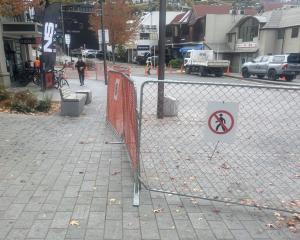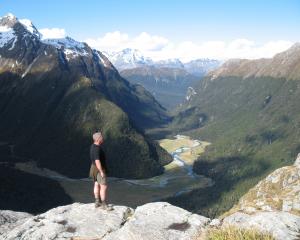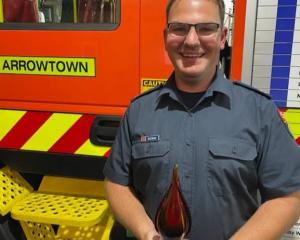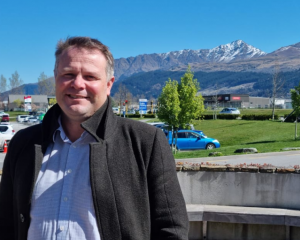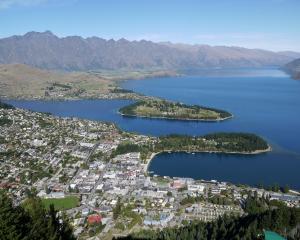Kayaking and mountain-biking enthusiasts have come out fighting against a proposed power substation beside the Hawea River.
However, local farmers say the development is overdue and will help the area prosper.
Dunedin City Council-owned Aurora Energy Ltd is seeking to designate 1.17ha of land on Camp Hill Rd, Hawea Flat, for a higher-capacity electricity substation.
Derek Todd, general manager asset management for Delta, which manages and operates the Aurora electricity network, said there was increased electricity demand in the area, primarily from the development of dairy conversion irrigation, plus an ''incremental'' increase from residential development.
Nearly 50 submissions were received on the application, mostly from kayakers, mountain bikers and Hawea Flat residents.
Nearly all opposed the substation in its proposed location, with the exception of three Hawea Flat farmers.
Opponents said the ''highly industrial'' and visually prominent development would detract from the natural, open character of the rural landscape and degrade the recreational experience of the neighbouring Hawea River whitewater kayak park and walking/cycling track.
Central Otago Whitewater Incorporated (Cow) said the application was based on convenience and cost with little regard for the community.
The whitewater park - funded by Contact Energy as mitigation for its hydro-generation schemes - was a ''cherished dream'' of a group of hardworking local kayakers which took more than a decade to achieve.
The proposed substation would undermine the integrity of the ''unique recreational resource'' and be ''grossly prominent to the detriment of the surrounding landscape'', Cow said.
Whitewater New Zealand and the Whitewater Canoe Club objected for the same reasons, while the Upper Clutha Environmental Society said a much less obtrusive location was needed.
Rachel and Greig Shirley, of Wanaka, asked whether the increased power for irrigation purposes would mean more intensive dairy farming in the Hawea area.
In contrast, Craig Wing, of Lagoon Valley Dairies on nearby Kane Rd, said the substation would ensure a reliable power supply for local network users and enable more positive economic growth for the community.
Its visual effects were expected ''in a first world country'' and therefore minimal.
Hawea Flat farmers Dougal and Bernice Innes agreed the substation would enhance growth in the job sector and was well overdue on an ''already overloaded system''.
James Cooper of Devon Dairy Farms - which runs a neighbouring 2300ha farm and owns the land needed for the planned substation - said the development would assist in addressing Devon's concerns about power availability and security of supply for its current and future operations.
Aurora would buy the land from Mr Cooper to build the substation.
The substation would occupy about 35% of the site and consist of a switch room building about the size of a double garage and high voltage electrical equipment (poles and transformers) surrounded by a wire-mesh safety fence.
Mr Todd said Delta had taken care in the site design to minimise the visual impact by including screen planting and setting the substation back from the road, the Hawea River and existing car park.
Several alternative sites had been ruled out, as the substation needed to be located in a position that enabled practical connections to the existing high voltage lines to Albert Town, Lake Hawea and Hawea Flat.
Over the next year, $21 million in capital investment was planned on the network in Central Otago and the Queenstown Lakes region.




